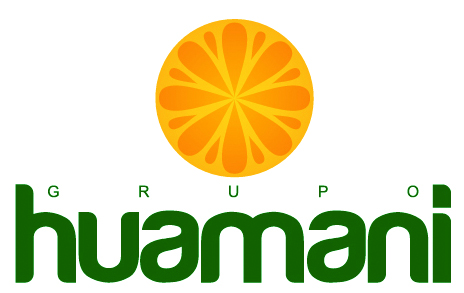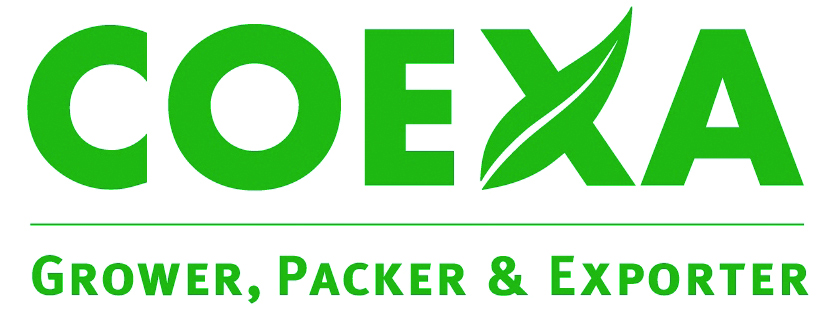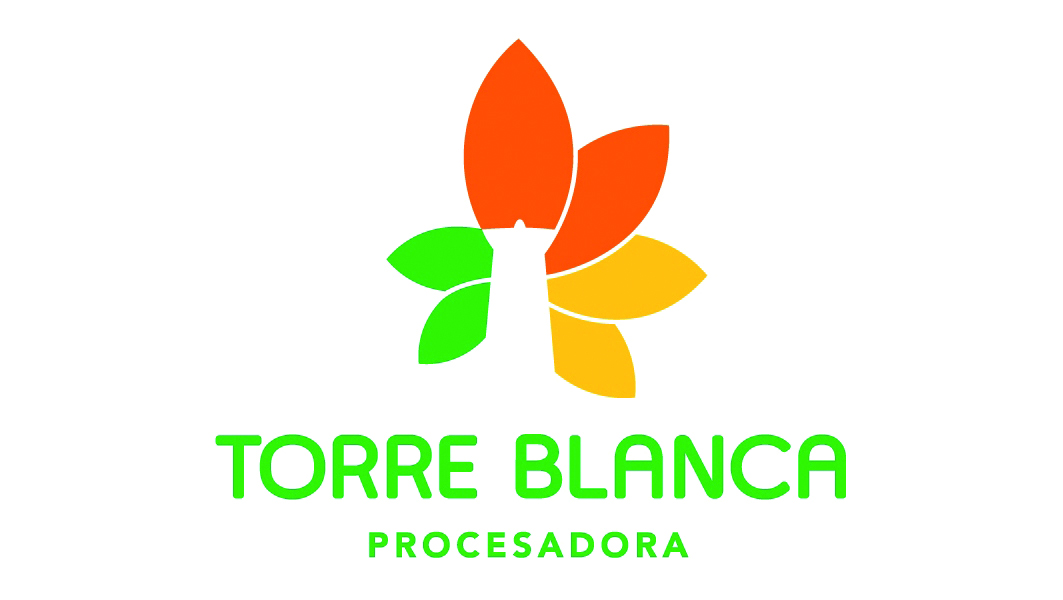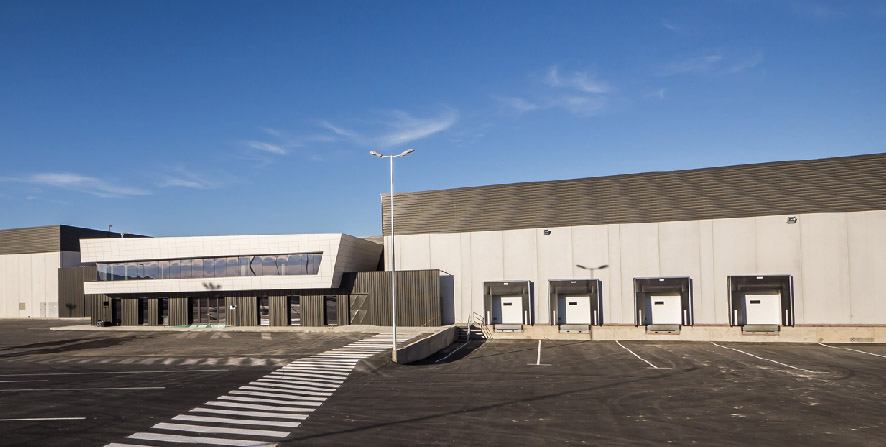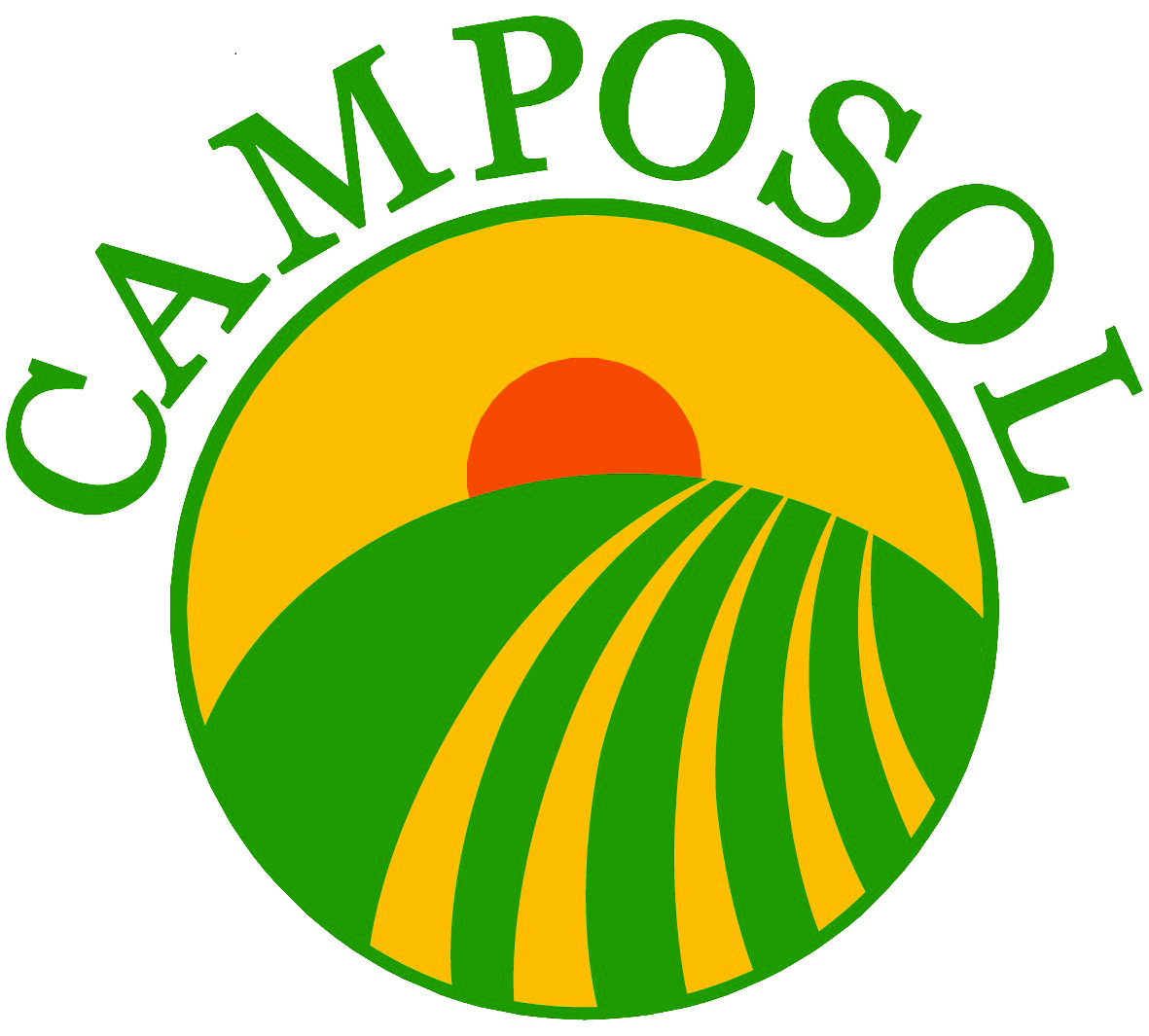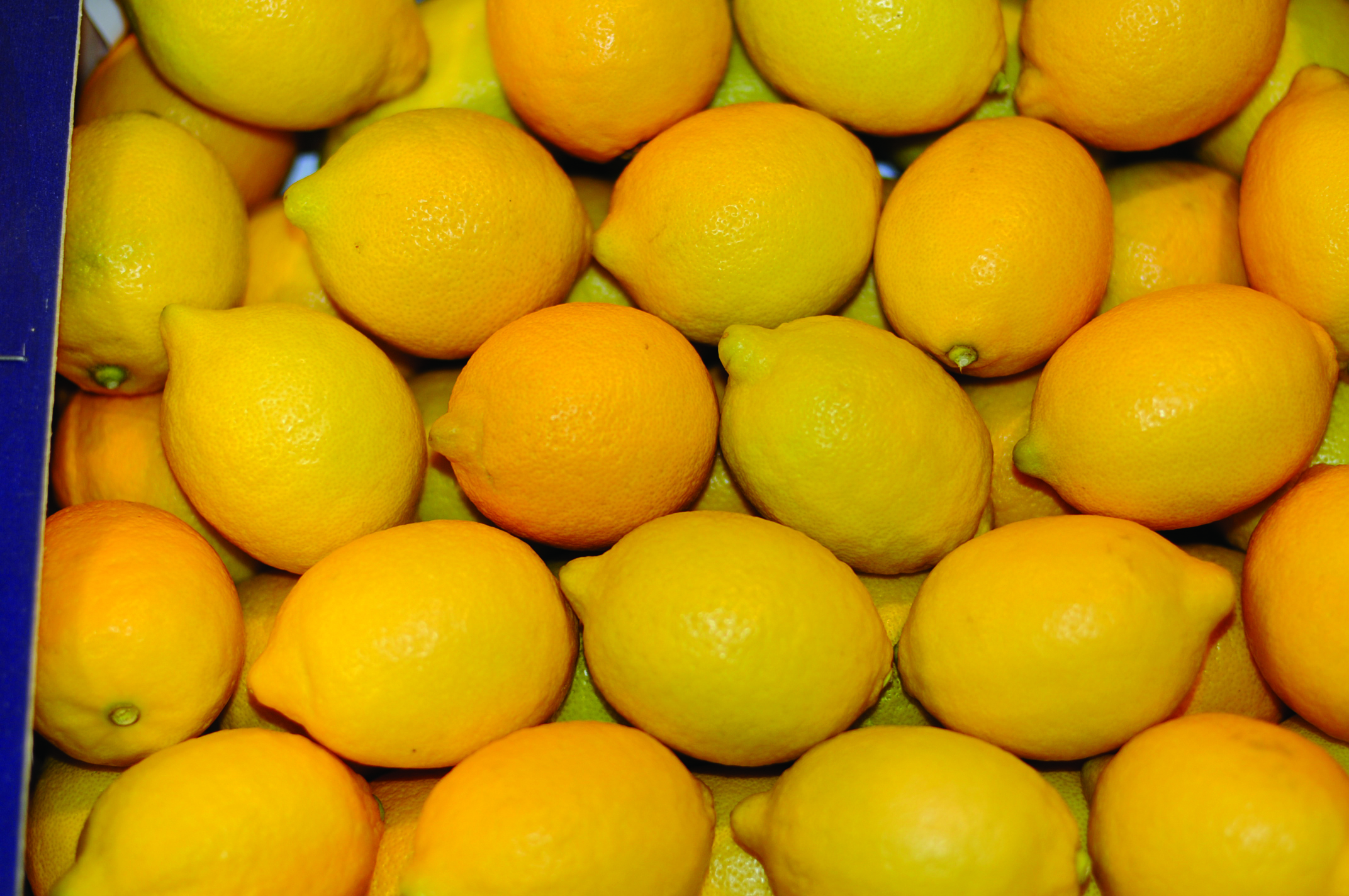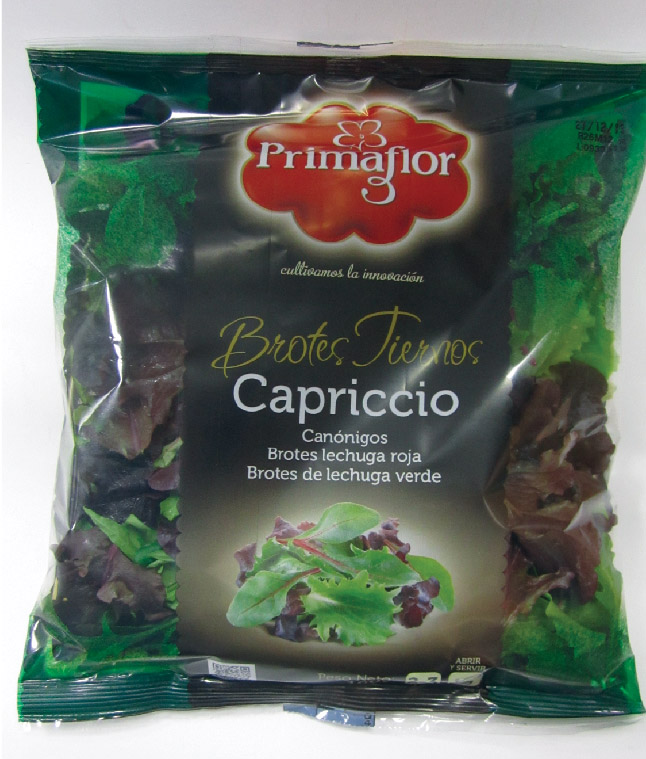
Kuehne + Nagel is the third largest airfreight forwarder, offering a full range of air logistics solutions as well as streamlined visibility and monitoring. With more than 100 offices where dedicated staff handle perishables by sea and air, Kuehne + Nagel is focusing strongly on the one-stop shopping solution, explains Global Airfreight Director Dennis Verkooy. “About 30 percent of our customers are retailers and that share is growing. We can organise transport completely, from door to door, and that offers the retailer transparency in costs.” Kuehne + Nagel developed the KN chain for temperature controlled cargo. The concept focuses on the proper care of perishable cargo, making sure that it reaches its destination in proper condition. Door-to-door service and a single point of contact are among the many advantages.
Increased import focus
Traditionally Kuehne + Nagel is more focused on exports. Dennis Verkooy: “What is exported somewhere is imported elsewhere. In recent years we have been and will be investing in expanding our network to provide importing facilities for our customers as well.” The recently acquired Van de Put Aircargo is an example of this, and now serves as Kuehne + Nagel’s European hub. Kuehne + Nagel is strong in South America. “We do a lot of flowers in Colombia and Ecuador, asparagus in Peru and fruit in Brazil.” Kuehne + Nagel has an annual growth in their strong market South America, but also sees new countries developing. “We are noticing a strong upward trend from Asian countries like Thailand, Vietnam, the Philippines and also a lot of fruit and vegetables are being imported into Russia.”
Airfreight
Kuehne + Nagel is the third largest airfreight forwarder. We offer a full range of air logistics solutions as well as streamlined visibility and monitoring via our ground-breaking KN Login information management system.

